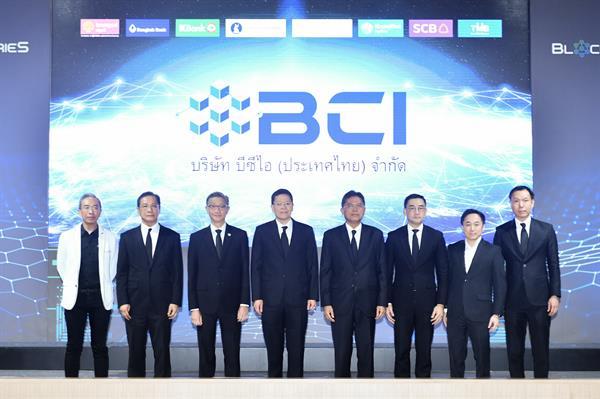Last March, several banks created the Thailand Blockchain Community Initiative (BCI). This week The Nation reported that 22 banks are now involved including foreign bank branches. The first application is for Letters of Guarantee (LG). The aim is to halve the costs involved in using the trade finance tool.
Other benefits include reducing fraud and speeding up the process of issuing LGs.
Every year in Thailand, there are more than 500,000 LGs issued worth more than Baht 1.3 trillion ($43.2 billion). The aim is to digitize 50% of these within three years.
The group is chaired by Predee Daochai who is also chairman of the Thai Bankers’ Association. So far, testing was executed as part of the Bank of Thailand’s sandbox and is expected to go into production within the sandbox in June.
To ensure a broad range of stakeholders, the project involves several state enterprises and large corporates including from the electricity, oil and chemical sectors. Accenture and IBM Thailand helped with the project, which is based on Hyperledger Fabric.
The consortium has now incorporated with six shareholder banks, Bangkok Bank, Krungthai, Bank of Ayudhya, Kasikornbank, TMB and Siam Commercial.
Several of these banks are involved in other blockchain initiatives. Bangkok Bank is part of both the Marco Polo and Voltron trade finance consortia. State-owned Krungthai has a cross border payments project. And Siam Commercial is working with Accenture on a procurement blockchain.
Sixteen additional banks will use the platform. They are Kiatnakin Bank, Citibank, CIMB Thai, Sumitomo Mitsui Banking Corp, Tisco, Thanachart, BNP Paribas, Bank for Agriculture and Agricultural Cooperatives, Export-Import Bank of Thailand, Mizuho Bank, United Overseas Bank (Thai), Land and Houses Bank, Standard Chartered (Thai), Government Savings Bank, Industrial and Commercial Bank of China (Thai) and HSBC.






